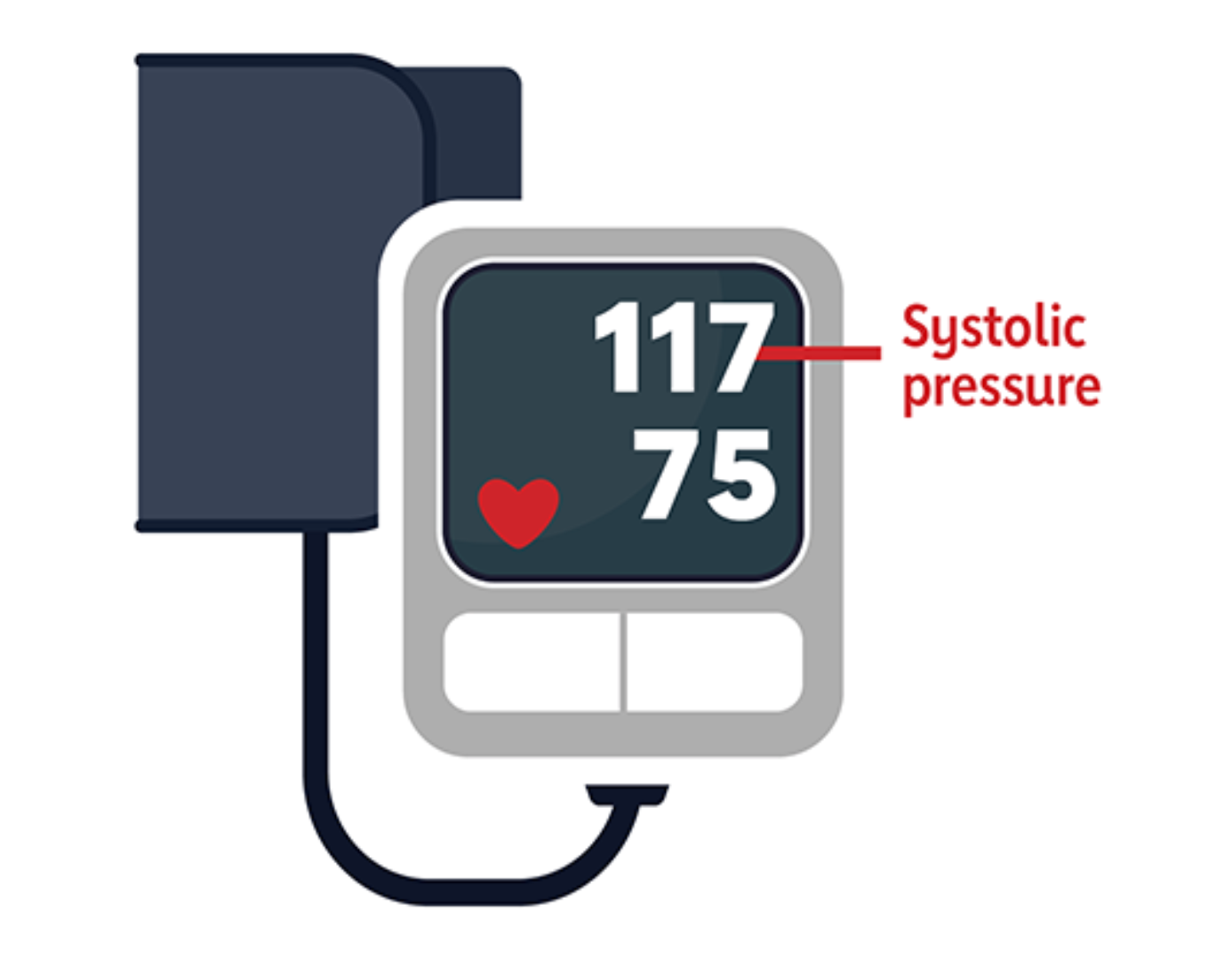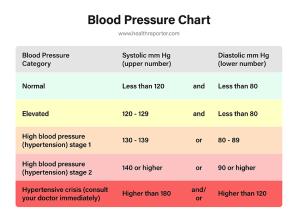High blood pressure affects people of all ages and increases risks for heart disease, stroke, and dementia. Understanding blood pressure categories, monitoring regularly, and adopting lifestyle changes are essential for prevention, treatment, and long-term health
🩺 Top 10 Things to Know About the New AHA/ACC High Blood Pressure Guideline
High blood pressure is more than just a number—it plays a major role in long-term health. Research now shows that high blood pressure is linked to an increased risk of cognitive decline and dementia, meaning that lowering it today can help protect your brain health in the future. It is also the number one risk factor for stroke and a variety of heart conditions, including coronary artery disease, heart failure, and atrial fibrillation (AFib).
During or after pregnancy, high blood pressure can develop and may lead to serious complications such as preeclampsia. That’s why it’s important to check blood pressure before, during, and after pregnancy. New pregnancy blood pressure categories are now defined: normal is less than 140/90 mm Hg, hypertension in pregnancy is 140/90 or higher, and severe hypertension is 160/110 or higher, which requires immediate medical care.
For everyone, knowing your numbers is critical. Normal blood pressure is less than 120/80 mm Hg, and if your readings are consistently higher, it’s important to talk with your health care professional about ways to lower it. A blood pressure reading higher than 180/120 mm Hg with symptoms such as chest pain, shortness of breath, vision changes, weakness, or difficulty speaking is considered a medical emergency—call 911 immediately.
General blood pressure categories are also outlined in the new guideline. Normal is less than 120/80 mm Hg, elevated is 120–129 with a bottom number less than 80, stage 1 hypertension is 130–139 or 80–89, stage 2 hypertension is 140+/90+, and hypertensive crisis is anything higher than 180/120, with or without symptoms.
High blood pressure can happen to anyone at any age, from children to older adults, making regular checks an important habit for everyone. To get the most accurate reading, sit with your back supported, both feet flat on the floor, your arm supported at heart level, and remain still and quiet.
Finally, lifestyle choices make a big difference. Eating smart with a DASH-style diet, limiting sodium to less than 2,300 mg per day (and ideally less than 1,500 mg), staying physically active, and reducing or eliminating alcohol can all help lower or prevent high blood pressure. Managing weight also plays a key role—even a 5% weight loss can make an impact—and incorporating stress-reducing practices such as meditation, breathing exercises, or yoga further supports heart and brain health.
- Stay in control! Try our Blood Pressure Calculator: High Blood Pressure | American Heart Association
- For more information, please visit: Blood pressure chart: What your reading means – Mayo Clinic



